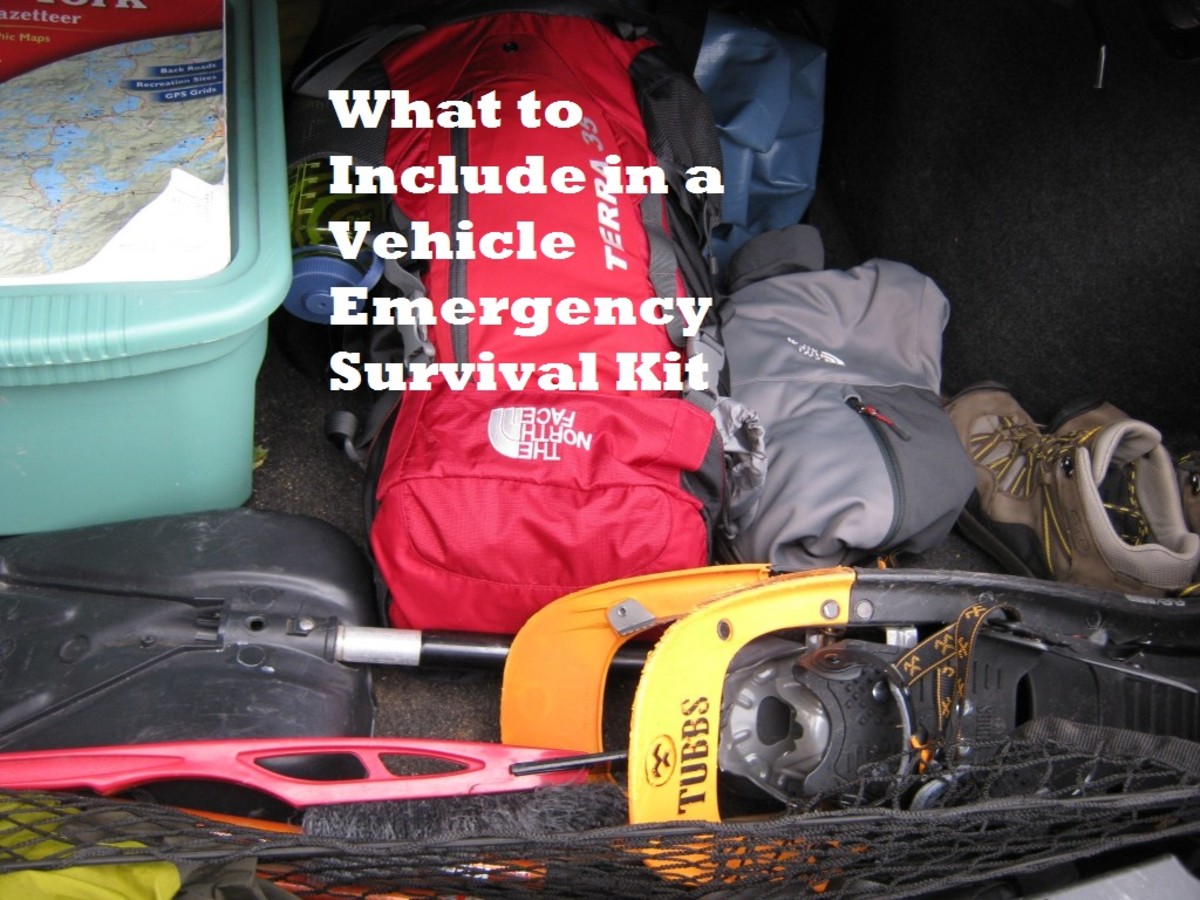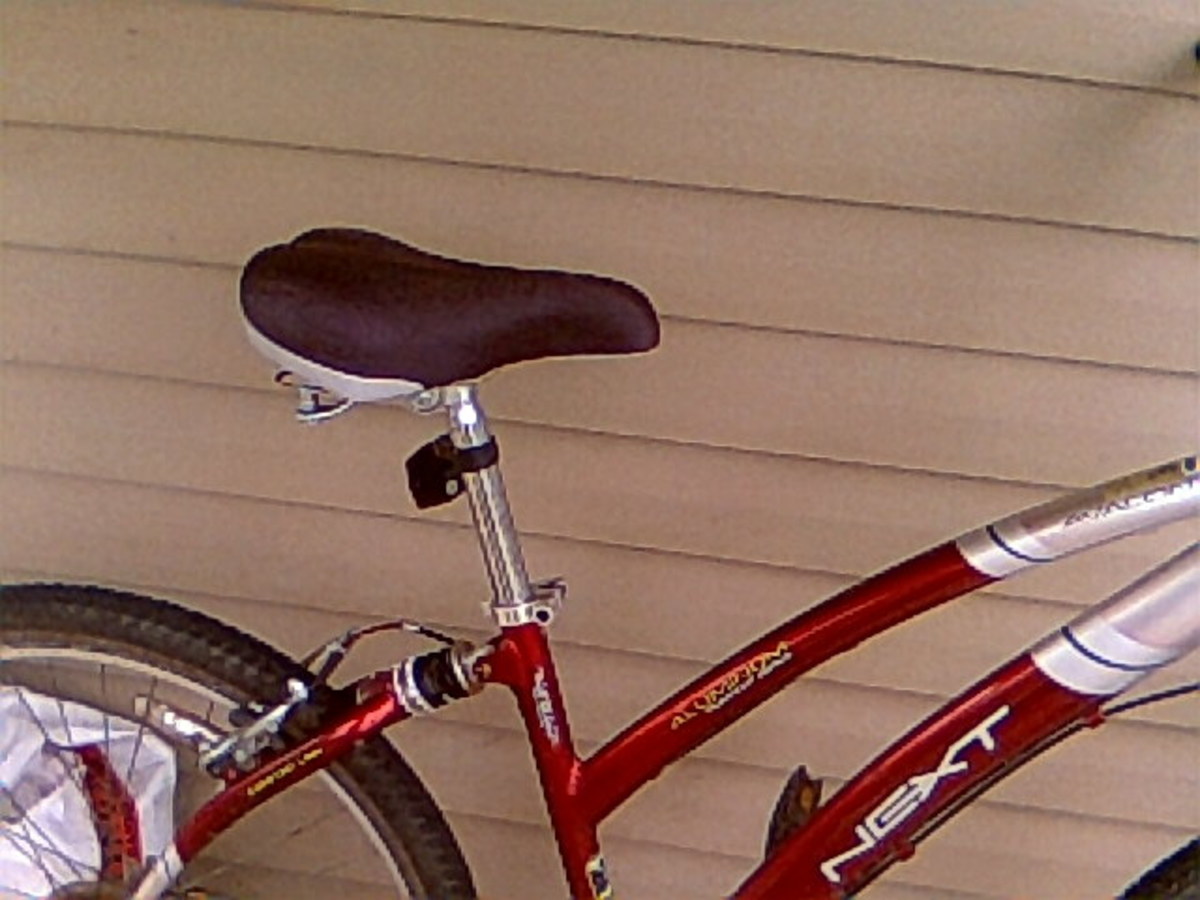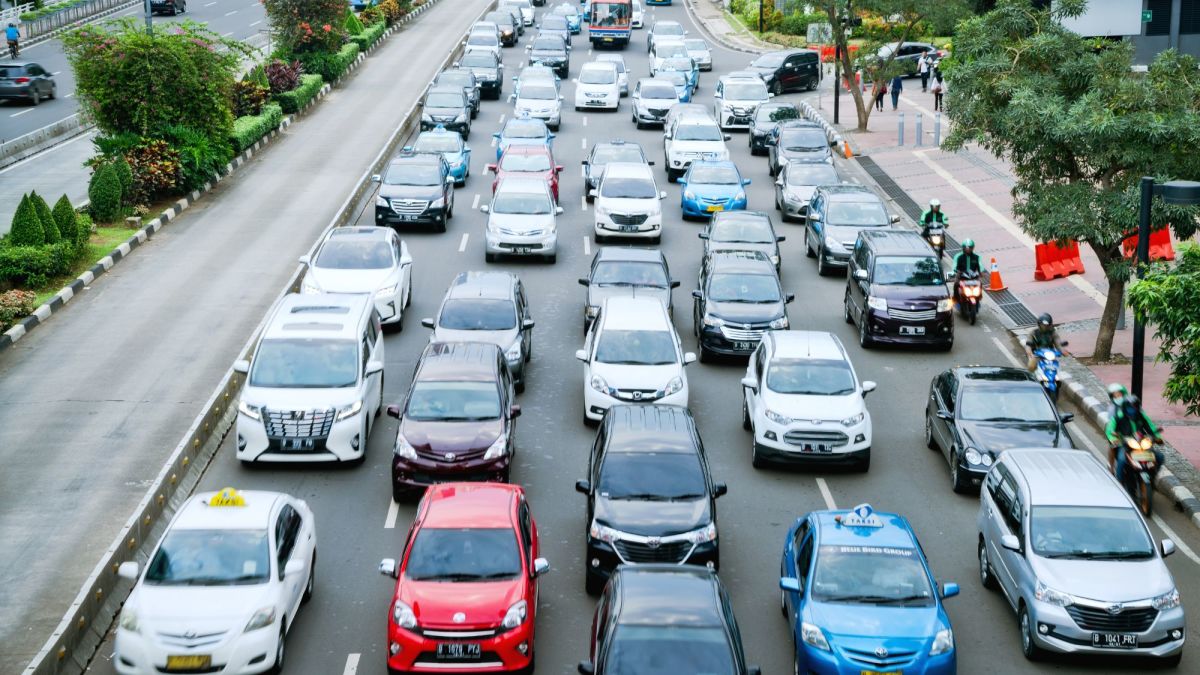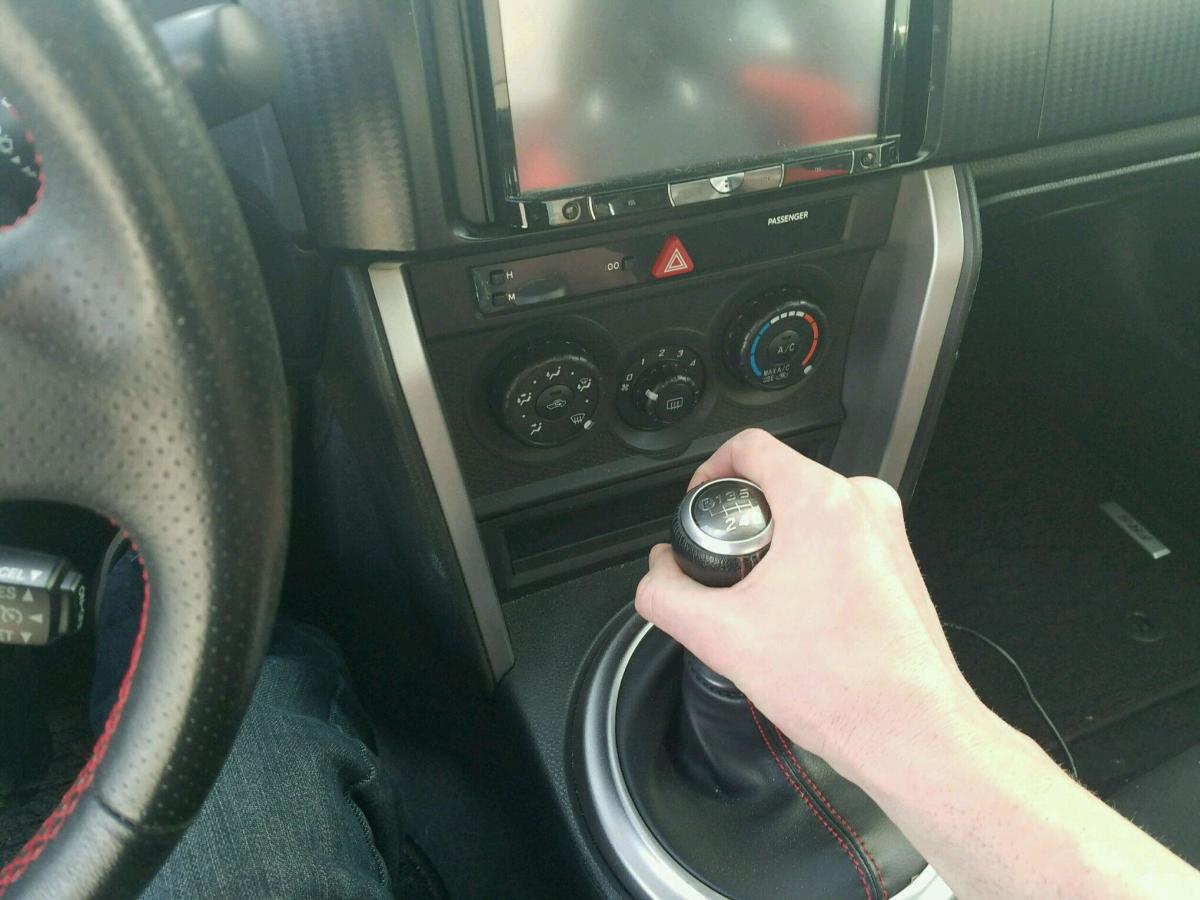Seven Easy Tips to Quickly Cut Your Motoring Costs
What you can do to save money on your car expenses and reduce your impact on the climate today.
With fuel costs on a seemingly inexorable upward trend and the growing awareness of the environmental costs of driving we all need to look at ways to decrease our consumption of fossil fuels. Here are seven suggestions that could help keep the cost of getting from A to B more manageable and sustainable. While the longer term will no doubt see many of us owning fewer and smaller more energy efficient and alternatively powered vehicles I'm concentrating in this hub on easy tips you can implement to save money today with the vehicle you drive now.
1. Just drive less!
Ok, number one is something of a no brainer. Just drive less! However, there are ways of achieving this beyond the obvious of simply not driving sometimes. For instance, take a look at your routines and figure out if there are opportunities to reduce your mileage by combining some trips or changing your route. Often a little forward planning and logistics can mean its possible to do the same trips while travelling fewer miles.
Can you change the time you do some of your trips to avoid traffic and inefficient stop-start driving? This is obviously tricky for commuters, who maybe need to look at suggestion 2 or alternative ways of making their commute! However, if you can, driving when the roads are quieter and a smoother more efficient journey is possible will cut the cost of the same journey done in heavy traffic.
Are there some journeys you could cut out altogether, maybe some are easily done by cycling or walking? So many short hops of less than a kilometre are done by car when a walk would be cost free to the driver's wallet and the climate while benefiting both their mental and physical health.
2. Cars have room for four or five.
For commuters in particular, thhe big way to achieve point one of just driving less; car sharing. So many car journeys are inefficient because a vehicle designed for four or five occupants is being used to transport one solo driver.
Look around on your next auto commute at the number of vehicles occupied by the driver alone. Many of them will be duplicating, for a large part, identical journeys. Those folks in their cars stuck in traffic around you are coming from the same suburbs as you towards the same city as you. Madness isn't it? With a bit of organisation, perhaps amongst work colleagues, there is huge potential to reduce the climate costs of daily commutes and the expenses of commuters by simply car sharing.
3. Lighten Your Load.
Lighten you load. The heavier your vehicle is the more fuel it will use to do any given journey. This is why smaller lighter cars are inherently more efficient. Whatever vehicle you're driving it is quite possible you could make it lighter taking stuff out of it! Are you driving your vehicle around all week loaded up with stuff you only use at the weekend? Treating your trunk like a shed is costing you. Keeping your car tidy will save on fuel costs as removing the extra weight of say a set of golf clubs, for instance, will help improve your fuel efficiency.
4. Streamline Your Ride.
Auto designers usually go to a lot of effort to make vehicles reasonably aerodynamic. Then we go and stick accessories all over them ruining all the design work! The less resistance your vehicle presents towards forward motion the less fuel you'll have to burn to achieve that travel. Roof racks are a big culprit here. Having racks that only get used on the odd occasion permanently attached to your vehicle will be having a detrimental affect on the average mpg efficiency you're achieving. The negative effect will be even worse if the racks are loaded with cycle carriers, a roof box or other attachment. Get them off and save some dollars on gasoline!
5. Be a Price Savvy Motorist
Shop around. For everything! Be a price sensitive consumer and look for the best deals on not only filling up your car, but insuring your vehicle, parking costs and routine maintenance. Motorists are a big market so there is a lot of competition which you should be encouraging to your advantage! Look out for coupons and offers too with discounts that can help save you money. Use price comparison apps to help find the cheapest fuel available in a given area.
6. Keep Your Vehicle Well Maintained.
A well maintained car is generally more efficient so apart from obvious safety issues it also pays from a fuel efficiency perspective to keep your vehicle properly serviced. One area any motorist can easily keep an eye on themselves is your tyres. Check tyre pressures regularly to ensure they are correct as this can have a big impact on your car's fuel efficiency. Running around on tyres that aren't inflated to the correct pressure is not only costly but can also adversely affect the vehicles handling and will lead to premature wear of the tyre shortening its life span. This is an easy thing to keep on top of with regular visual checks and adjustments when at the gas station. Also look at getting your tyres rotated when some signs of wear become apparent as this isn't usually even across all tyres and swapping your wheels around can extend the life of your tyres.
7. Take it Easy Behind the Wheel!
Drive calmly. Slow down, take it easy, cruise along happy knowing your burning less gas per km than the cars overtaking you just to get there a few moments earlier. If you see a red light up ahead take your foot off the gas, why accelerate only to stop? The smoother you can make your driving the longer each tank of fuel will last you. The mostly costly few metres to drive are the first few from a standing start; avoiding stop start driving by taking it a little easier can make a really significant difference to the MPG your vehicle achieves. This is smart driving. You're smart, right?
Small Chnages, Big Dividends!
Implementing common sense tips along these lines can quickly help you save money by reducing your day to day motoring costs. Not only is that good for your wallet but some of these changes can also benefit your health and help towards reducing your carbon footprint. A win win win situation!








